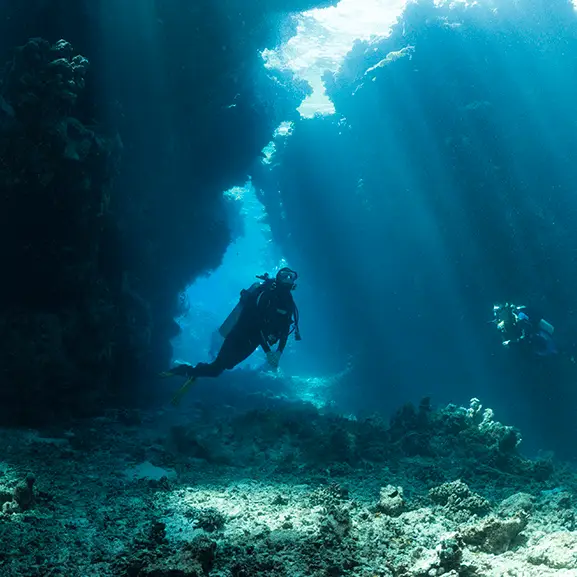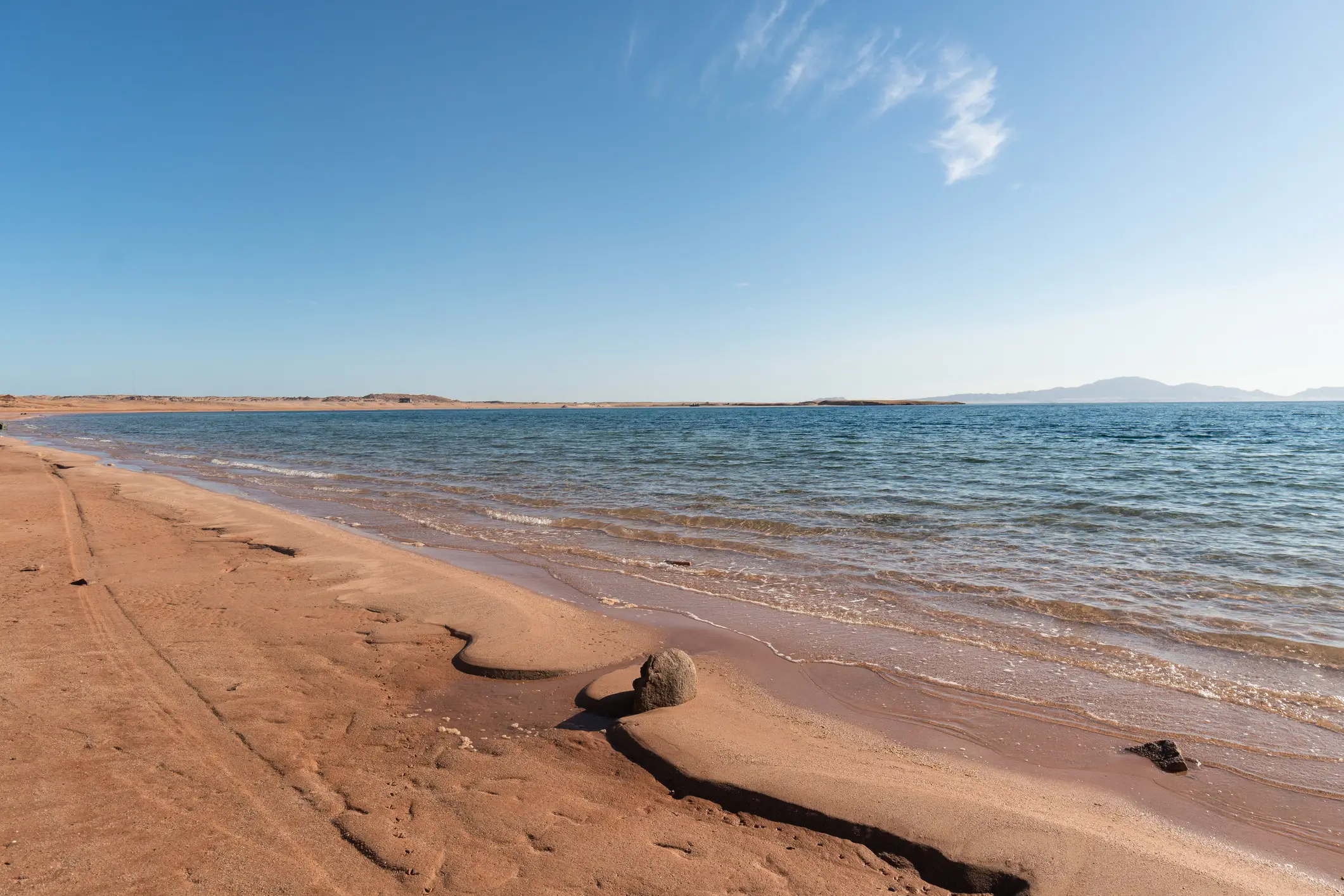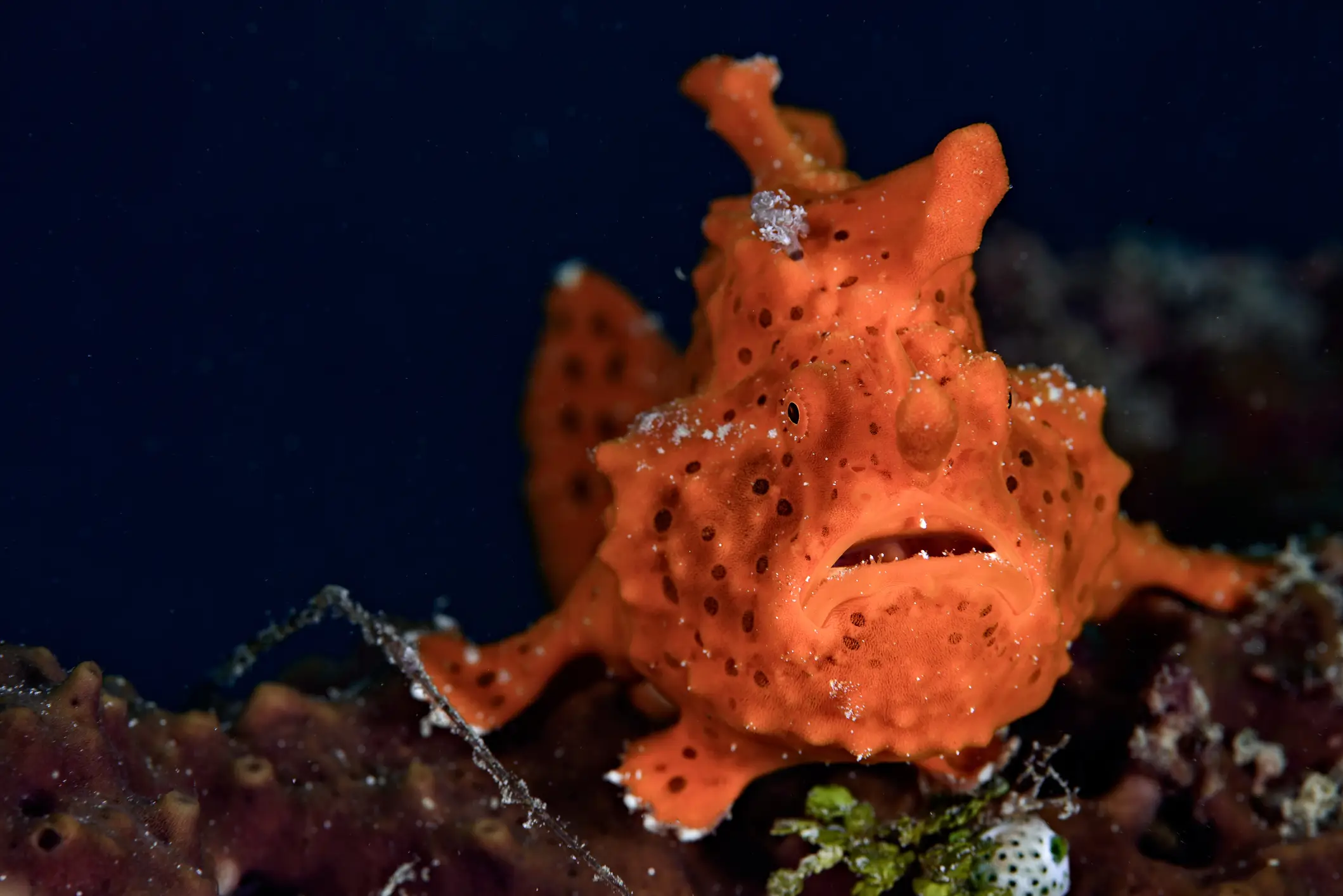


If you dived into the depths of almost any ocean or sea around the world, you might see some things that make your blood run cold.
From terrifying angler fish and other blind monstrosities in the dark to underwater volcanoes and fissures that seem to go impossibly deep, the bottom of the ocean can be a scary place.
That's been underlined by research into the floor of the Red Sea, which sits between Africa and the Arabian Peninsula and famously has algal blooms every so often that give it its name.
It might be a massively busy shipping lane up on the surface, but the Red Sea holds some really interesting secrets far below the waves, as proved by scientists.
Advert
They sent probes and divers down into the true depths and found some beautiful sights, but also made a chilling discovery.

Down at the bottom of the sea they found so-called 'death pools' that went even further below the surface, but without any oxygen in them at all - making it almost impossible for living organisms to survive in them.
The few things that can live there turn into opportunistic predators, apparently, feeding on stunned creatures that make the mistake of wandering into the oxygen-free hole.
If that sort of dark void that basically spells death for anything that wanders into it sounds grim and depressing, don't worry - the scientists who found them were thrilled at the discovery.
This is because the nature of the death holes means they're a really close analogue to some of the environments that were more common on Earth aeons ago.
Sam Purkis, professor and chair of the Department of Marine Geosciences at the University of Miami, said: "Our current understanding is that life originated on Earth in the deep sea, almost certainly in anoxic - without oxygen - conditions. Studying this community hence allows a glimpse into the sort of conditions where life first appeared on our planet, and might guide the search for life on other 'water worlds' in our solar system and beyond."

That's a classic bit of science, for us - something that should make you feel doomed and scared is instead a wonderful opportunity to study a biome that is really hard to find on Earth.
It all comes down to that lack of life, too - Purkis says that the lack of small animals means things stay pristine in the death pools. "Ordinarily, these animals bioturbate or churn up the seabed, disturbing the sediments that accumulate there. Not so with the brine pools. Here, any sedimentary layers that settle to the bed of the brine pool remain exquisitely intact."
So, we could yet learn a lot more from them, with years of study doubtless still to kick off.